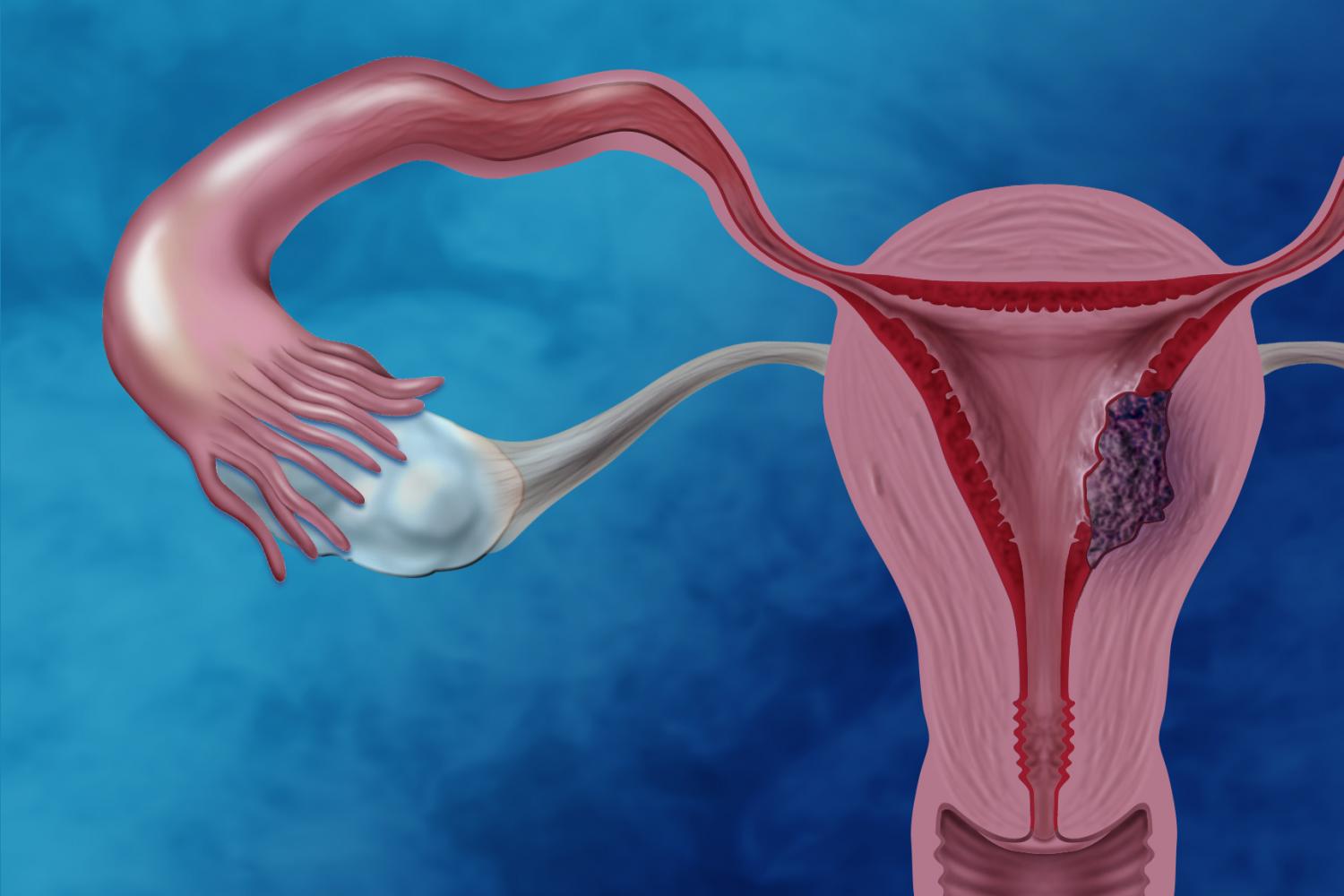Endometrial Cancer Researchers Design Nanoparticles Loaded with Drugs
Endometrial cancer is that which begins in cells of the endometrium, which is the inner lining of the uterus. Around 61,380 women in the U.S. will be diagnosed with cancer of the uterus in 2017. This includes cancers of the endometrium and the corpus, which is the upper area of the uterus.
And now, for the first time, researchers at the University of Iowa College of Pharmacy have combined traditional chemotherapy with a relatively new cancer drug that attacks chemo-resistant tumor cells, loaded both into tiny nanoparticles, and created an extremely selective and lethal cancer treatment.
“In this particular study, we took on one of the biggest challenges in cancer research, which is tumor targeting,” said Kareem Ebeid, a UI pharmacy science graduate student and lead researcher on the study. “And for the first time, we were able to combine two different tumor-targeting strategies and use them to defeat deadly type II endometrial cancer. We believe this treatment could be used to fight other cancers, as well.”
The treatment combines two anti-cancer drugs: paclitaxel is a type of chemotherapy designed specifically to treat endometrial cancer. The second, nintedanib (BIBF 1120), is a relatively new drug used to restrict blood vessel growth in tumors. It was this drug that was added to the nanoparticles. In this particular study, nintedanib was used to target tumor cells with a specific mutation: loss of function p53, which has been found to interrupt the life cycle of tumor cells, making them more resistant to chemotherapy.
Nintedanib attacks tumor cells with the Loss of Function p53 mutation and compels them to enter mitosis and divide, at which point they are more easily killed by chemotherapy. Ebeid says this is the first time that researchers have used nintedanib to force tumor cells into mitosis and kill them–a phenomenon scientists refer to as “synthetic lethality.”
The team then injected these drug-loaded nanoparticles into mouse models of USC. Not only did the treatment reduce tumor growth in the rodents, but it also prolonged their survival.
The researchers explain that once the drug-loaded nanoparticles get through the holes in the tumor blood vessels, nintedanib targets and attacks cells that contain the loss-of-function p53 mutation. This makes the tumor cells more vulnerable to the chemotherapy drug.

“Basically,” explains Kareem Ebeid, “we are taking advantage of the tumor cells’ Achilles heel — the loss-of-function mutation — and then sweeping in and killing them with chemotherapy. We call this a synthetically lethal situation because we are creating the right conditions for massive cell death.”
“We believe our research could have a positive impact beyond the treatment of endometrial cancer,” says Aliasger K. Salem, professor of pharmaceutical sciences at the UI and corresponding author on the study. “We hope that since the drugs used in our study have already been approved for clinical use, we will be able to begin working with patients soon.“























